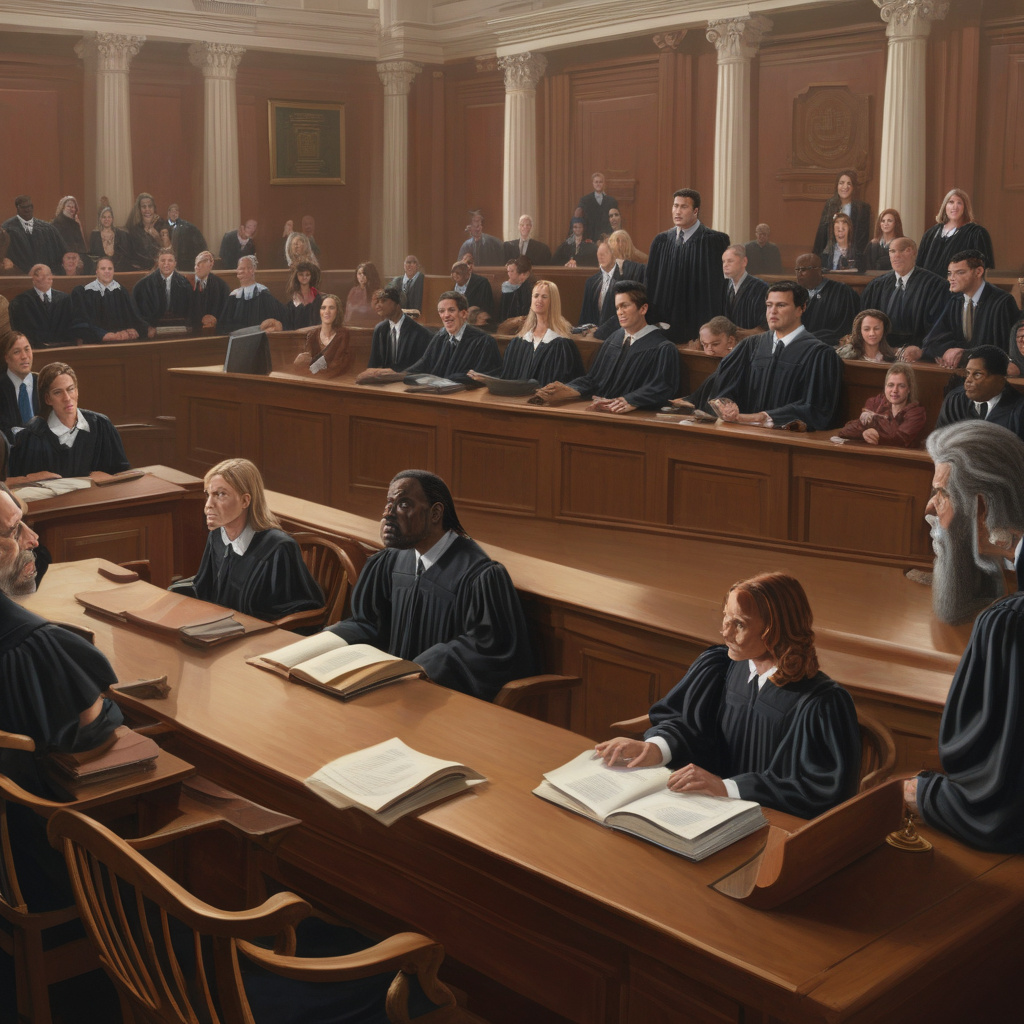Anthropic AI Faces Legal Setback in Authors’ Piracy Lawsuit
Anthropic AI, the cutting-edge technology that has been revolutionizing various industries, is now facing a significant legal hurdle in a copyright lawsuit involving authors and piracy. The latest development in the case dictates that authors must be provided with the choice to opt in or out of the settlement, highlighting the complexity and nuances of copyright law in the digital age.
The lawsuit, which revolves around the unauthorized use of content created by authors in the development of Anthropic AI, has raised important questions about intellectual property rights, ownership, and the implications of advanced technologies on creative works. The initial settlement proposed in the case was deemed insufficient by the judge, who emphasized the need for authors to have a clear and informed choice in the matter.
This legal setback underscores the challenges that arise when cutting-edge technologies intersect with traditional legal frameworks. In the case of Anthropic AI, which relies on vast amounts of data, including copyrighted material, to function effectively, navigating the complexities of intellectual property law is essential. The lawsuit serves as a reminder that the digital landscape is constantly evolving, and as a result, laws and regulations must adapt to address new issues that may not have been previously anticipated.
One of the key issues at the heart of the lawsuit is the concept of consent and control over one’s creative output. Authors, whose works are being used to train and develop Anthropic AI, deserve to have a say in how their content is utilized. By giving authors the option to opt in or out of the settlement, the legal system is acknowledging the importance of individual agency and the protection of intellectual property rights.
Moreover, the judge’s ruling highlights the need for comprehensive and thorough settlements that take into account the various stakeholders involved. In the case of Anthropic AI, ensuring that authors are adequately compensated and their rights are respected is crucial for upholding the integrity of the creative process and fostering trust between technology developers and content creators.
Moving forward, this legal setback presents an opportunity for stakeholders in the tech and creative industries to engage in meaningful dialogue about the intersection of technology and intellectual property. By addressing concerns around consent, ownership, and fair compensation, a more equitable framework can be established that benefits all parties involved.
In conclusion, the legal challenges facing Anthropic AI in the authors’ piracy lawsuit underscore the importance of upholding intellectual property rights in the digital age. By ensuring that authors have the opportunity to make informed decisions about the use of their content, we can foster a more ethical and sustainable relationship between technology and creativity.
#AnthropicAI, #CopyrightLawsuit, #IntellectualPropertyRights, #DigitalAge, #TechnologyAndCreativity
